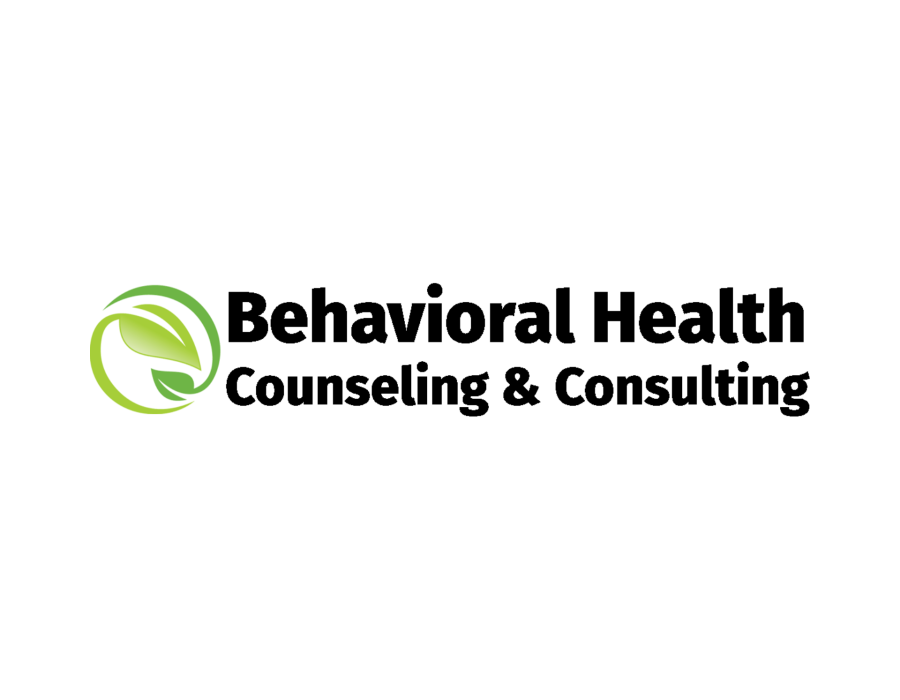Finding the right therapist is a crucial step toward improving your mental health and achieving emotional well-being. With so many options available, it can feel overwhelming to know where to start. Whether you're dealing with anxiety, depression, trauma, or stress management, the right therapist can make a significant difference in your healing journey. At Behavioral Health Counseling, we understand how important it is to find a mental health professional who is compassionate, understanding, and equipped to address your specific needs. In this guide, we will walk you through the steps to help you find the therapist that’s right for you.
Step 1: Understand Your Needs
Before beginning your search for a therapist, take some time to reflect on your mental health needs. Are you struggling with anxiety, depression, trauma, or stress management? Perhaps you're looking for support in navigating a life transition, managing relationships, or addressing past experiences that have impacted your emotional well-being.
At Behavioral Health Counseling & Consulting, we specialize in providing evidence-based mental health support for a variety of concerns, including anxiety, depression, trauma, and stress. Understanding your specific needs will help you determine the type of therapist you are looking for. Some therapists specialize in certain areas of mental health, so identifying your needs early on will narrow your search.
Step 2: Determine the Type of Therapy You Need
There are different types of therapy, and each therapist may use a different approach depending on their expertise and your needs. Some of the most common therapeutic modalities include:
- Cognitive Behavioral Therapy (CBT): A practical, goal-oriented therapy that helps individuals recognize and change negative thought patterns.
- Dialectical Behavioral Therapy (DBT): A form of CBT designed to help individuals manage emotions and build resilience, often used to treat borderline personality disorder, trauma, and emotional regulation.
- EMDR (Eye Movement Desensitization and Reprocessing): A therapy specifically designed to treat trauma and PTSD by helping individuals process distressing memories.
- Mindfulness-Based Therapy: Focuses on awareness and acceptance of the present moment, often helpful for anxiety and stress management.
- Family or Couples Therapy: A form of therapy that addresses relationship dynamics and helps individuals or families work through conflicts.
At Behavioral Health Counseling & Consulting, we offer a range of therapeutic approaches that are tailored to meet the unique needs of each client. Understanding the type of therapy that best suits your needs will help you find a therapist who specializes in that area.
Step 3: Research and Gather Recommendations
Once you’ve identified your needs and the type of therapy that might be most beneficial, start researching therapists in your area. Recommendations from friends, family members, or trusted healthcare providers can be an excellent starting point. Word-of-mouth referrals can often lead you to professionals who have a strong reputation for providing quality care.
Additionally, many organizations, such as Behavioral Health Counseling & Consulting, maintain a website where you can learn about their services, team, and approach. This will help you gain insight into whether a particular therapist is a good fit for you. You can also consult online directories, which often provide reviews and ratings of therapists in your area.
Key Questions to Ask When Researching Therapists:
- Do they specialize in the issues I’m dealing with (e.g., anxiety, depression, trauma)?
- What therapeutic modalities do they use, and do they align with my preferences?
- Are they licensed and accredited by a reputable board or organization?
- What is their approach to confidentiality and client care?
At Behavioral Health Counseling & Consulting, our team is highly experienced and specializes in evidence-based mental health support. Our therapists are committed to providing compassionate and effective care tailored to each client's needs.
Step 4: Check Qualifications and Credentials
It’s essential to verify the qualifications and credentials of any therapist you're considering. In the United States, therapists should be licensed by the appropriate state board. This includes licenses such as Licensed Professional Counselor (LPC), Licensed Clinical Social Worker (LCSW), or Licensed Marriage and Family Therapist (LMFT).
At Behavioral Health Counseling & Consulting, we pride ourselves on having a team of licensed and highly qualified professionals who have years of experience helping clients address a variety of mental health concerns. Our team adheres to the highest ethical standards to ensure that every client receives the best possible care.
Step 5: Schedule an Initial Consultation
Once you’ve identified a potential therapist, schedule an initial consultation. Many therapists offer a free or low-cost consultation to help you determine if they’re a good fit for your needs. During this session, you’ll have the opportunity to ask questions, discuss your concerns, and get a sense of whether the therapist's approach aligns with your goals for therapy.
Key questions to ask during the consultation might include:
- How do you approach therapy, and what types of interventions do you use?
- How do you tailor therapy to meet the unique needs of each client?
- What are your policies on confidentiality and privacy?
- What is your availability, and how flexible are you with scheduling sessions?
At Behavioral Health Counseling & Consulting, we understand the importance of making you feel comfortable and heard during your initial consultation. We aim to create a safe and inclusive space for all clients, ensuring that you feel supported every step of the way.
Step 6: Evaluate Comfort and Connection
One of the most important factors in choosing a therapist is whether you feel comfortable and supported in their presence. Building a strong therapeutic relationship is key to the success of therapy, and you should feel that the therapist is genuinely invested in your well-being.
During the initial consultation and subsequent sessions, pay attention to how the therapist listens to you, responds to your concerns, and creates a nonjudgmental environment. Do you feel comfortable sharing your thoughts and feelings with them? Do they seem empathetic and respectful of your boundaries?
At Behavioral Health Counseling & Consulting, our therapists prioritize creating an environment where clients feel heard, understood, and supported. We believe that therapy should be a collaborative process, with both therapist and client working together to achieve lasting emotional well-being.
Step 7: Consider Logistics and Availability
Once you’ve established a connection with your therapist, it’s important to consider the logistics of working together. Think about factors such as location, availability, and cost. Is the therapist located in a convenient area for you? Do their hours of operation align with your schedule? What are the costs involved, and do they accept insurance or offer a sliding scale fee?
At Behavioral Health Counseling & Consulting, we aim to make our services accessible to as many clients as possible. We offer flexible scheduling and are happy to discuss payment options to ensure that you can receive the support you need.
Conclusion: Take the First Step Toward Healing
Finding the right therapist is an important decision that can have a lasting impact on your mental and emotional health. By following these steps and considering your unique needs, you can find a therapist who will guide you on your path to healing, growth, and resilience. At Behavioral Health Counseling & Consulting, we are dedicated to providing compassionate, evidence-based mental health support to individuals, families, and organizations.
If you're ready to take the first step toward lasting emotional well-being, reach out to us today. Our expert team is here to support you on your journey toward healing.






Comments